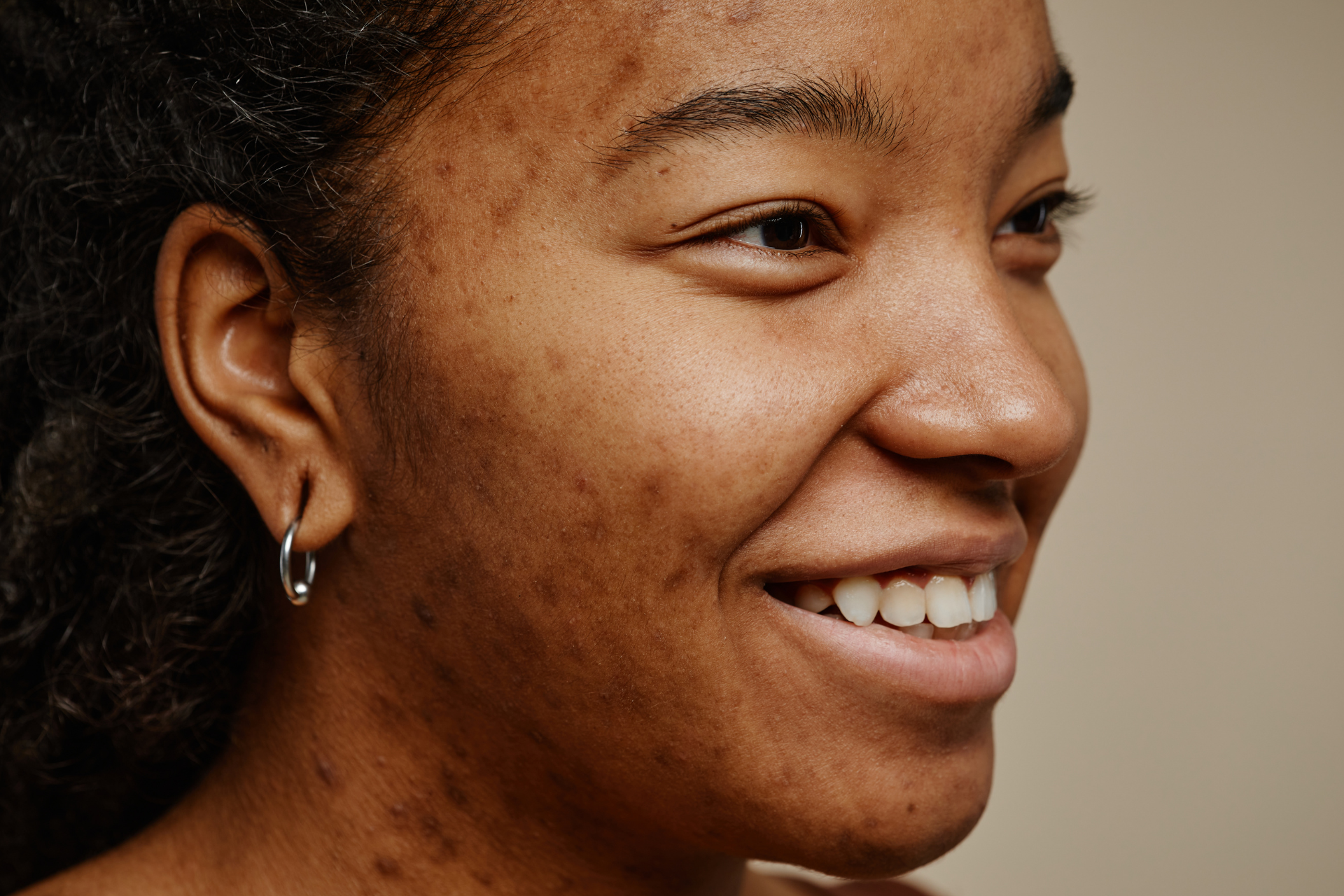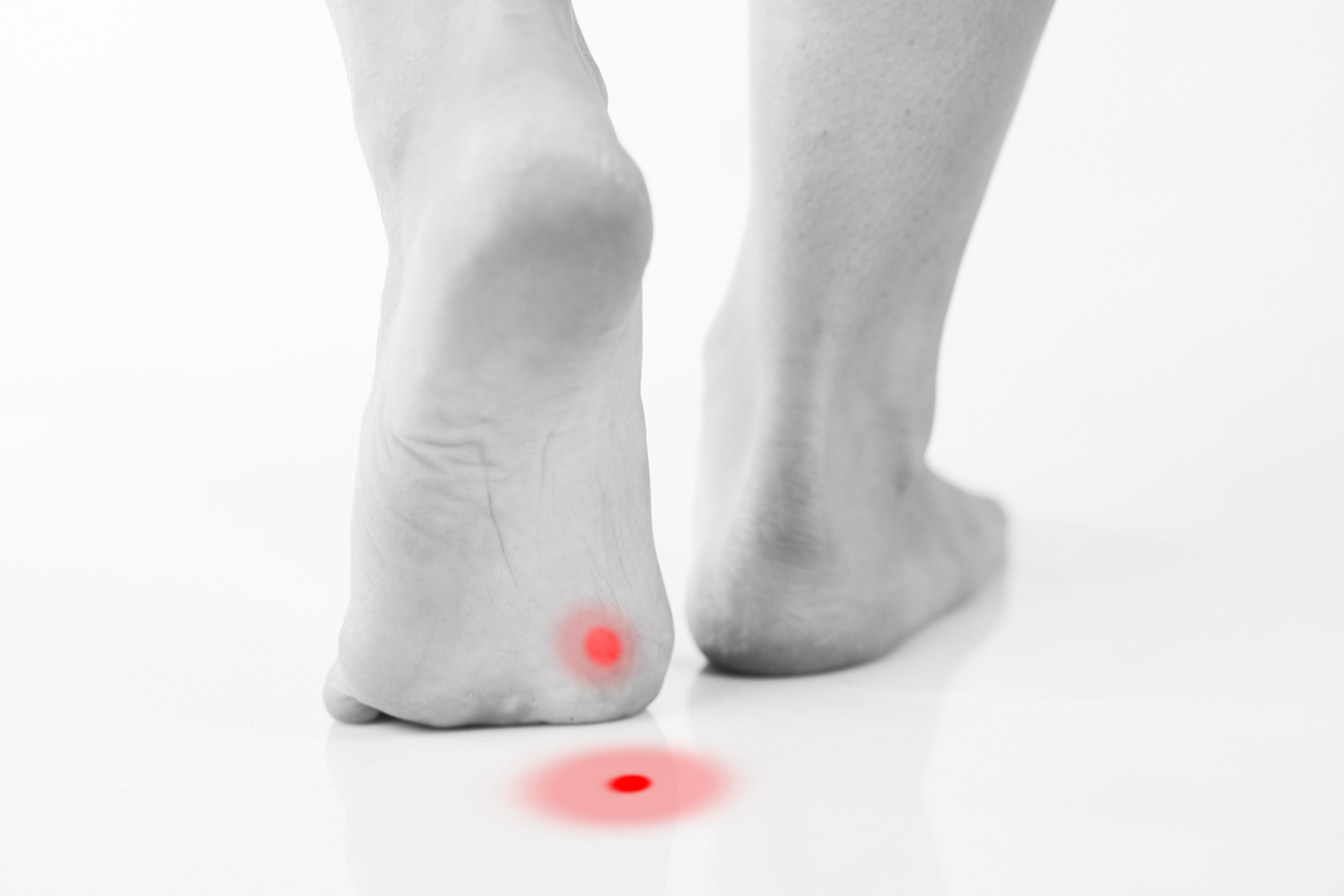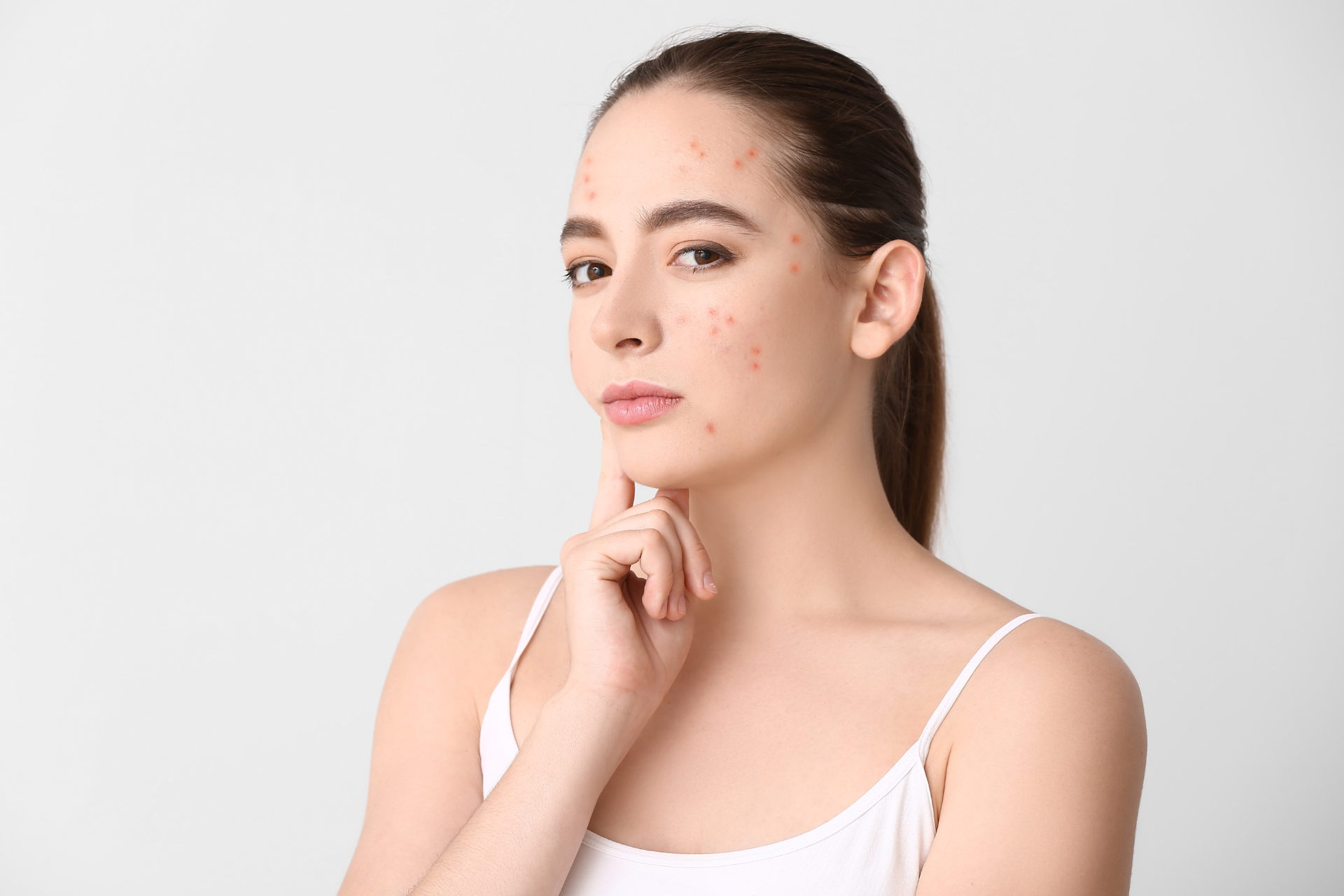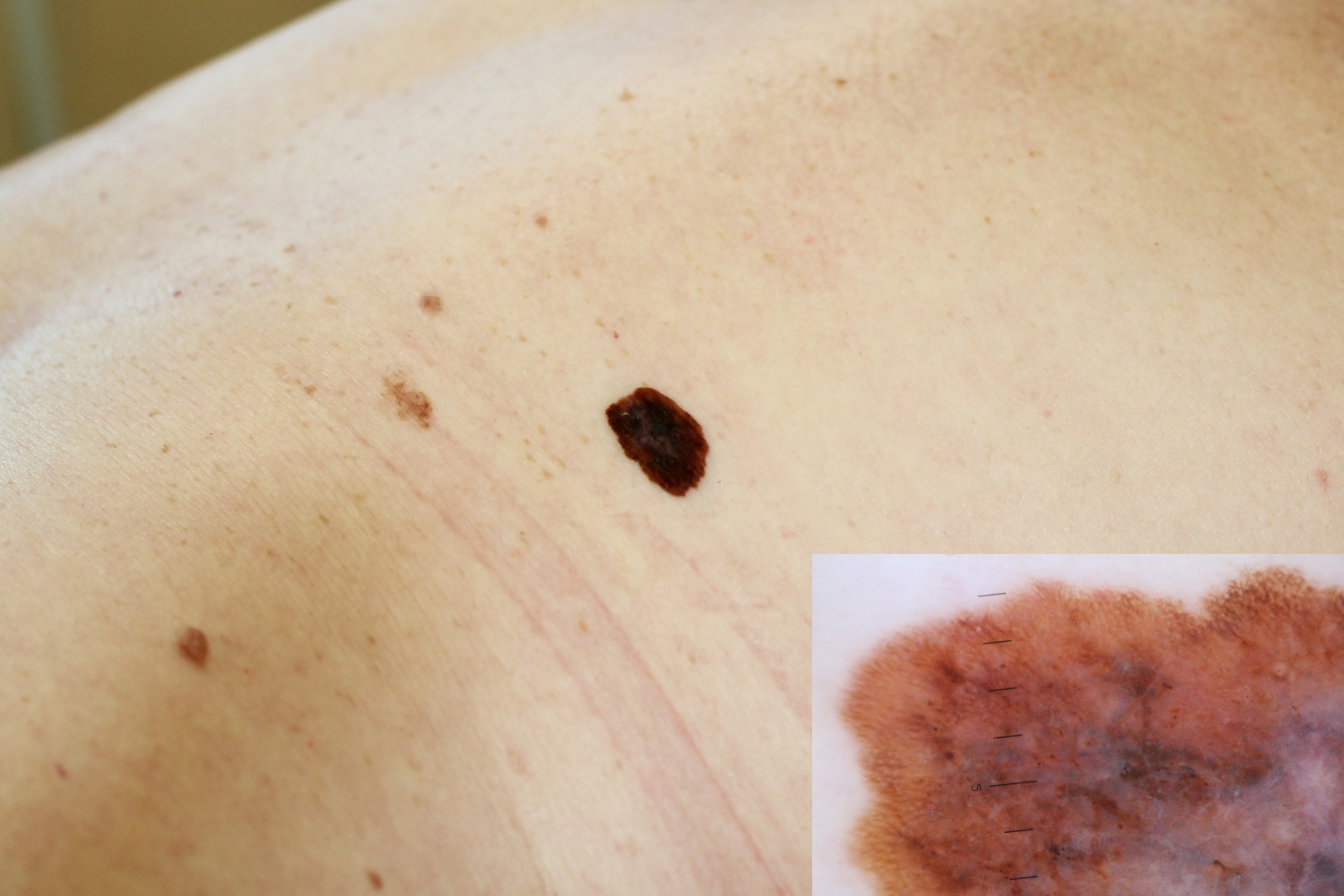Do Acne Scars Ever Fade? What You Need to Know

At Fall Creek Skin and Health Clinic, we understand that acne can leave more than just temporary blemishes; it can also result in long-lasting scars that affect self-esteem and confidence. If you’re struggling with the aftermath of acne, you may find yourself wondering: Do acne scars ever fade? The short answer is yes, but understanding the process and options available can help you manage your expectations and choose the right path for healing.
Understanding Acne Scars
First, it’s important to distinguish between different types of acne scars. There are two main categories: atrophic scars and hypertrophic scars. Atrophic scars are typically sunken and include ice pick, boxcar, and rolling scars. Hypertrophic scars, on the other hand, are raised and form when the body produces too much collagen during the healing process. The type of scar you have will influence how it can be treated.
The Fading Process
Time is a crucial factor in the fading of acne scars. In many cases, scars can become less noticeable naturally over several months to a few years. The body's healing mechanisms work continuously, and with proper care, the texture and color of scars can improve. However, complete disappearance is not guaranteed.
Factors such as skin type, age, and overall health can impact how efficiently your body heals. Younger skin tends to repair itself more quickly, while older skin may take longer to regenerate. Additionally, skin exposed to the sun can experience heightened pigmentation, making scars appear more pronounced. Hence, protecting your skin from sun exposure is paramount in promoting healing.
Treatment Options
While many acne scars may fade over time, various treatments can accelerate and enhance this process. Here are some commonly used approaches at Fall Creek Skin and Health Clinic:
1. Topical Treatments
Products containing ingredients like retinoids, alpha hydroxy acids (AHAs), and vitamin C can help improve skin texture and reduce the appearance of scars.
2. Chemical Peels
These treatments involve applying a chemical solution to the skin, which helps slough off damaged layers and stimulate new skin growth.
3. Microneedling
This technique uses tiny needles to create micro-injuries in the skin, prompting the body’s healing response and collagen production, which can reduce the appearance of scars.
4. Laser Therapy
Laser treatments can target deeper layers of skin, stimulating collagen production and improving pigmentation.
5. Dermal Fillers
For atrophic scars, fillers can temporarily elevate the skin's surface, making scars less visible.
6. Surgical Options
In more severe cases, surgical techniques such as subcision can be employed to release scar tissue beneath the skin.
Prevention is Key
While treatments can help reduce scars, prevention is essential. Avoid picking or squeezing acne, and maintain a consistent skincare routine to manage active breakouts. Regular consultations with healthcare professionals at Fall Creek Skin and Health Clinic enable you to receive personalized advice and early intervention, which is crucial in preventing severe scarring in the first place.
Conclusion
In summary, while acne scars do tend to fade over time, the process varies from person to person and can be influenced by multiple factors. Whether you opt for natural fading or seek out professional treatment options, know that you are not alone in your journey. At Fall Creek Skin and Health Clinic, we are here to support you in achieving healthier skin and boosting your confidence. Schedule a consultation with us to discuss your concerns and explore effective treatment options tailored to your needs.




